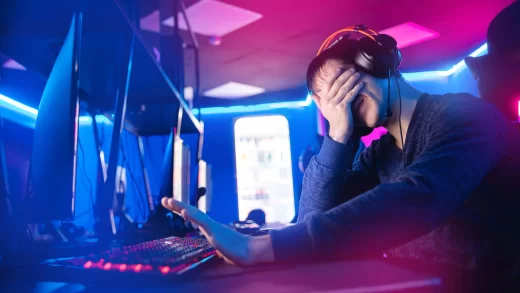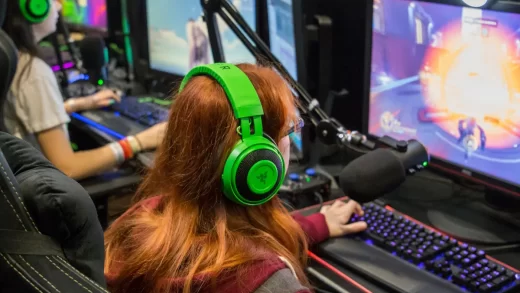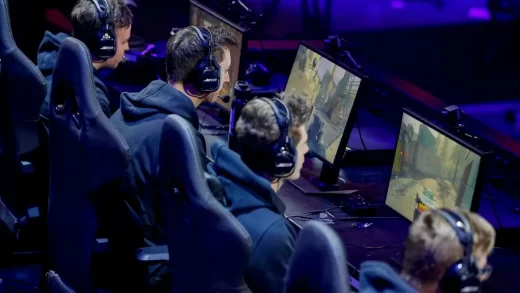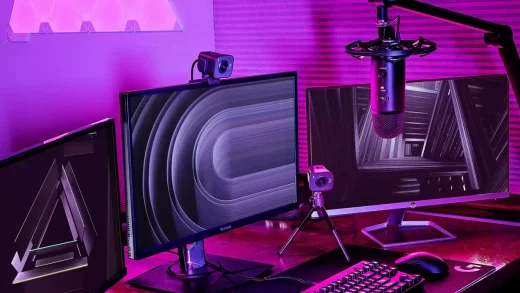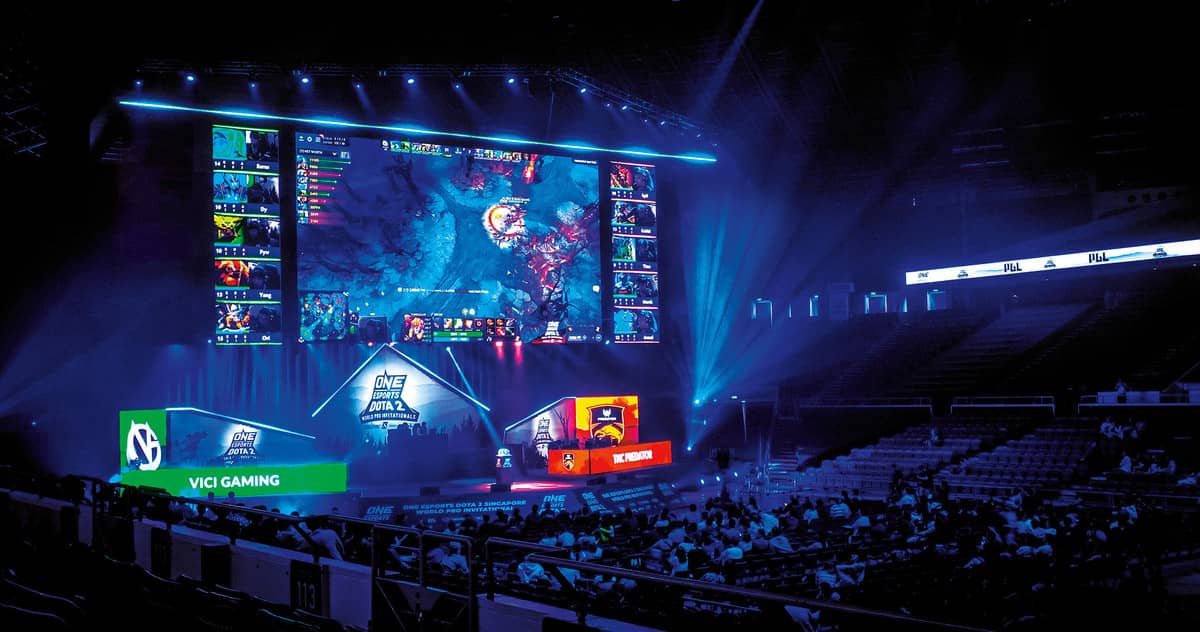Are you an aspiring game developer looking to embark on an exciting journey into the world of game creation? Game development is a dynamic and rapidly growing field that offers endless opportunities for creativity and innovation. However, as a beginner, it’s natural to feel overwhelmed by the sheer complexity of the process. But fear not! In this comprehensive guide, we will walk you through the essential steps to kickstart your game development journey.
Table of Contents
- Understanding the Basics of Game Development
- What is Game Development?
- Types of Games
- Game Development Tools
- Choosing Your Game Development Path
- Indie Game Development
- Joining a Game Studio
- Educational Resources
- Learning the Fundamentals
- Programming Languages
- Game Design Principles
- Graphics and Animation
- Selecting the Right Game Engine
- Unity
- Unreal Engine
- Godot Engine
- Creating Your First Game
- Game Idea and Concept
- Game Design Document
- Prototyping
- Mastering Programming
- Coding for Games
- Debugging and Troubleshooting
- Version Control
- Designing Engaging Gameplay
- Game Mechanics
- Level Design
- User Interface (UI) Design
- Bringing Your Game to Life
- Graphics and Artwork
- Sound and Music
- Testing and Quality Assurance
- Publishing and Distribution
- Platforms and Stores
- Marketing Strategies
- Monetization Options
- Continuous Learning and Improvement
- Staying Updated
- Networking in the Industry
- User Feedback
- Avoiding Common Pitfalls
- Scope Creep
- Burnout
- Lack of Planning
- Frequently Asked Questions (FAQs)
- What programming language is best for beginners in game development?
- How long does it take to create a game?
- Is it necessary to have artistic skills for game development?
- Can I develop games without a team?
- What are some successful indie game development stories?
Understanding the Basics of Game Development
Before diving into the intricate details of game development, it’s crucial to grasp the fundamentals. Game development involves creating interactive experiences for players, ranging from simple mobile games to complex 3D worlds. Here, we’ll explore the basic concepts you need to know.
What is Game Development?
Game development is the process of designing, programming, and bringing to life video games. It encompasses various aspects, including game design, coding, artwork, sound design, and testing.
Types of Games
Games come in diverse genres, such as action, adventure, role-playing, puzzle, and simulation. Understanding these genres will help you define your game development goals.
Game Development Tools
To begin your journey, you’ll need the right set of tools. Familiarize yourself with popular game development software, including game engines like Unity and Unreal Engine.
Choosing Your Game Development Path
As a beginner, it’s essential to determine your preferred path in game development.
Indie Game Development
Indie developers work independently or in small teams to create unique, often niche games. This path offers creative freedom but requires self-discipline and determination.
Joining a Game Studio
Working for an established game studio provides stability and access to resources. It’s an excellent choice if you prefer teamwork and mentorship.
Educational Resources
Consider enrolling in game development courses or tutorials online or at local institutions to gain structured knowledge.
Learning the Fundamentals
Building a strong foundation is crucial in game development.
Programming Languages
Learn programming languages like C++, C#, or Python, which are widely used in game development.
Game Design Principles
Understand the principles of game design, including player engagement, storytelling, and game mechanics.
Graphics and Animation
Explore graphic design and animation techniques to create visually appealing games.
By now, you have a comprehensive outline to start your game development journey. Follow these steps diligently, practice, and be patient with yourself. Game development is a challenging but rewarding field that offers endless opportunities for creativity and innovation. With dedication and continuous learning, you can turn your passion for games into a successful career.
Conclusion
Starting game development as a beginner is an exciting endeavor that requires dedication and a willingness to learn. By following the outlined steps and continuously improving your skills, you’ll be well on your way to creating captivating games that resonate with players around the world.
Frequently Asked Questions (FAQs)
- What programming language is best for beginners in game development?
- It’s advisable to start with languages like C++, C#, or Python, as they are beginner-friendly and widely used in game development.
- How long does it take to create a game?
- The time required varies widely based on complexity. Simple games can be completed in a few weeks, while complex projects may take several years.
- Is it necessary to have artistic skills for game development?
- While it’s beneficial, you can collaborate with artists or use pre-made assets if you’re not proficient in art.
- Can I develop games without a team?
- Yes, many indie developers work solo, especially on smaller-scale projects.
- What are some successful indie game development stories?
- Indie games like “Minecraft,” “Undertale,” and “Hollow Knight” achieved massive success, proving that small teams or individuals can create popular games.

